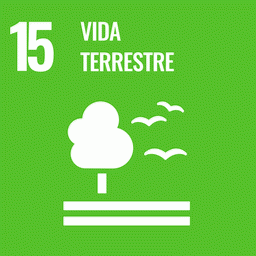The triple, intertwined challenges of climate change, the conversion of tropical forests to crop lands and grazing pastures, and the shortage of new arable land demand urgent solutions. The main approaches for increasing food production while sparing forests and lowering carbon emissions include sustainable supply chain initiatives, domestic policies and finance, and REDD+. These approaches are advancing largely in isolation, separated by different scales of intervention, performance metrics and levers for shaping land user behavior. As a result of this disconnect, farmers are receiving few, if any, positive incentives to forgo legal forest clearing and to invest in more sustainable production systems. These three approaches could become mutually reinforcing through integrated, performance-based incentive systems operating across regions and scales, linked through a shared metric of jurisdiction-wide performance introduced here as the Jurisdictional Performance System.
Baixar (sujeito à disponibilidade)
Download (subject to availability)

Este projeto está alinhado aos Objetivos de Desenvolvimento Sustentável (ODS).
Saiba mais em brasil.un.org/pt-br/sdgs.
Veja também
See also
Amazônia em Pauta 4: A revolução tecnológica do IBAMA e os limites do comando e controle na Amazônia
O desmatamento é uma das principais fontes de gases do efeito estufa, contribuindo com 15% das emissões em nível global. Após décadas de altas taxas de desmatamento na Amazônia brasileira, entre 2005 e 2012 foi possível observar reduções significativas na...
Financial crisis and state–NGO relations: The case of Brazilian Amazonia, 1998–2000
Artigo do Center for International Climate and Environmental Research, Oslo, Norway, que discute as consequências da crise financeira nas políticas ambientais de 1997–1999 da Ásia, Brasil e Rússia, além de tratar da relação Estado / Organizações Não-Governamentais na Amazônia Brasileira.